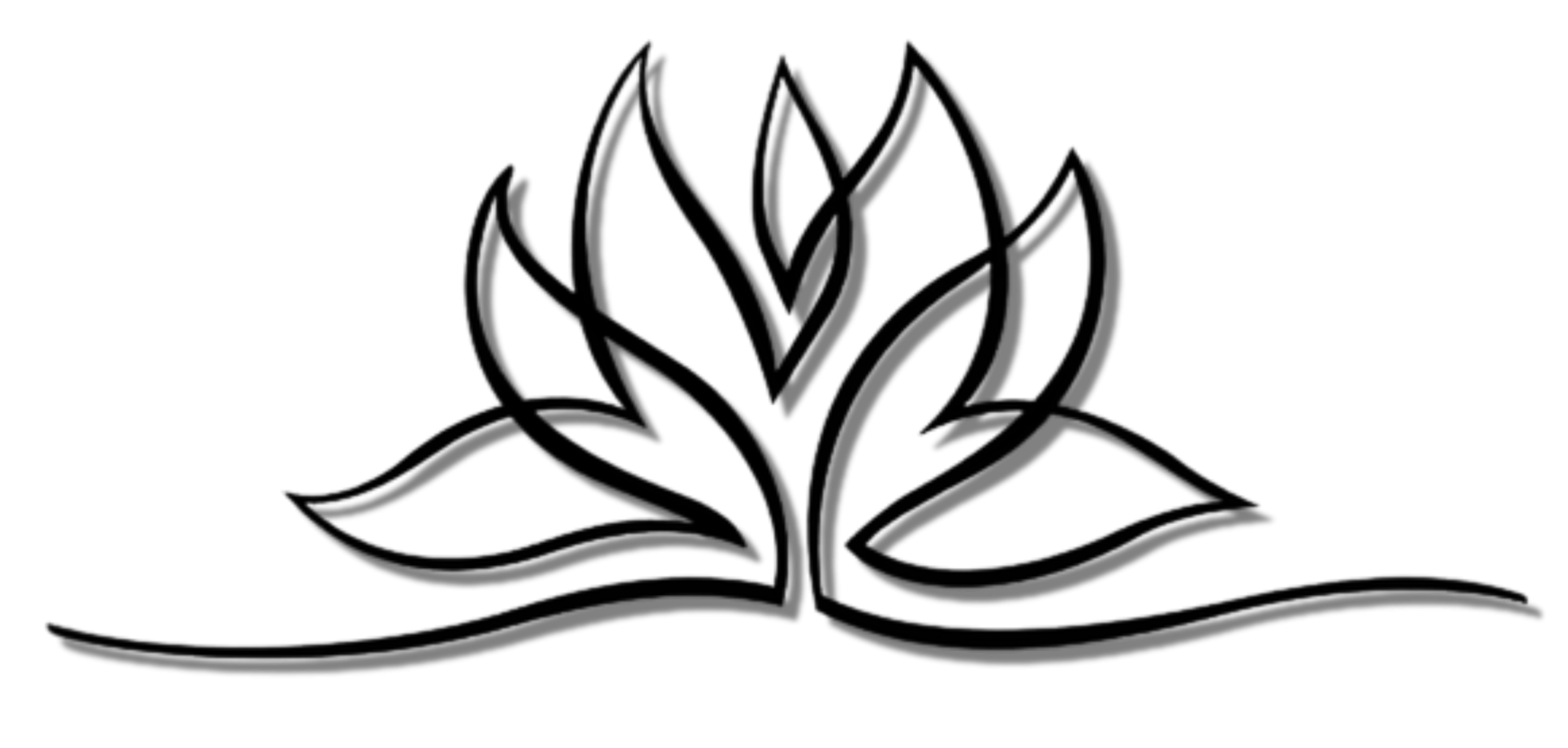The Ancient Wisdom of Yoga
Nov 7
The Ancient Wisdom of Yoga extends well beyond physical postures or exercises (asanas). It is a comprehensive system of philosophy, spiritual practice, and discipline designed to unite the body, mind, and soul. Yoga, which is based on India's ancient spiritual traditions, has changed over thousands of years, but its essential ideas are still very relevant today. The ancient wisdom of yoga extends well beyond physical postures or exercises (asanas). It is a comprehensive system of philosophy, spiritual practice, and discipline designed to unite the body, mind, and soul.
Yoga's ultimate goal is self-realization of the soul, or the awakening of the true self beyond the ego and superficial identity. Yoga attempts to help people achieve a sense of oneness with all that is by transcending the boundaries of the body and mind.
Yoga means Union. Union of soul, mind and body or the union of the Atman (Soul) and our Universal Consciousness (Brahman) as a human.
According to Ancient Wisdom, Yoga can be a path to liberation. With focused practice, one can overcome the limits of the ego and achieve moksha (freedom). Moksha denotes the liberation from the cycle of birth, death, and rebirth (samsara). The route to moksha includes letting go of attachments, purifying the mind and emotions, and recognizing one's actual essence.
This freedom is about more than just eliminating pain and reaching enlightenment; it is also about living a life of inner peace, balance, and knowledge. Yoga demonstrates how individuals can harmonize with the inherent laws of the cosmos, harmonizing their mind, body, and spirit.
Yoga means Union. Union of soul, mind and body or the union of the Atman (Soul) and our Universal Consciousness (Brahman) as a human.
According to Ancient Wisdom, Yoga can be a path to liberation. With focused practice, one can overcome the limits of the ego and achieve moksha (freedom). Moksha denotes the liberation from the cycle of birth, death, and rebirth (samsara). The route to moksha includes letting go of attachments, purifying the mind and emotions, and recognizing one's actual essence.
This freedom is about more than just eliminating pain and reaching enlightenment; it is also about living a life of inner peace, balance, and knowledge. Yoga demonstrates how individuals can harmonize with the inherent laws of the cosmos, harmonizing their mind, body, and spirit.
Ancient Yoga was never meant to be restricted to the yoga mat. It offers practical tips for leading a fulfilling and quiet life. Yoga is about mindfulness. Yoga promotes living in the present moment, avoiding excessive connection to the past or future. Yoga is about balance and harmony. It creates harmony with oneself, others, and the environment. Yoga can also symbolize self-compassion and nonjudgment. Yoga emphasizes accepting oneself as is, without judgment or comparison. This concept encourages self-compassion while fostering a peaceful and noncompetitive outlook on life.
While yoga's origins are ancient, its knowledge is still extremely relevant in the present world. In a society that often values material achievement and external approval, yoga provides a counterbalace, a reminder that true peace comes from within, through the cultivation of mindfulness, self-awareness, and an appreciation of our connectedness to everything that is.
Today, individuals all around the world practice yoga not only for its physical benefits, but also for its mental and spiritual lessons. Whether via physical postures, meditation, breathwork, or ethical living, yoga's ancient philosophy remains a timeless route to health, well-being, and spiritual progress.

